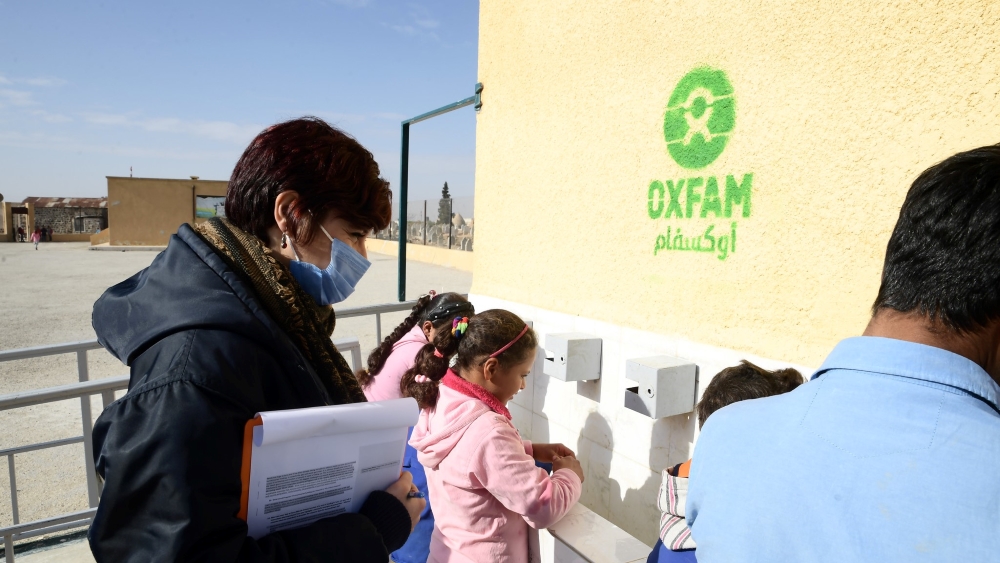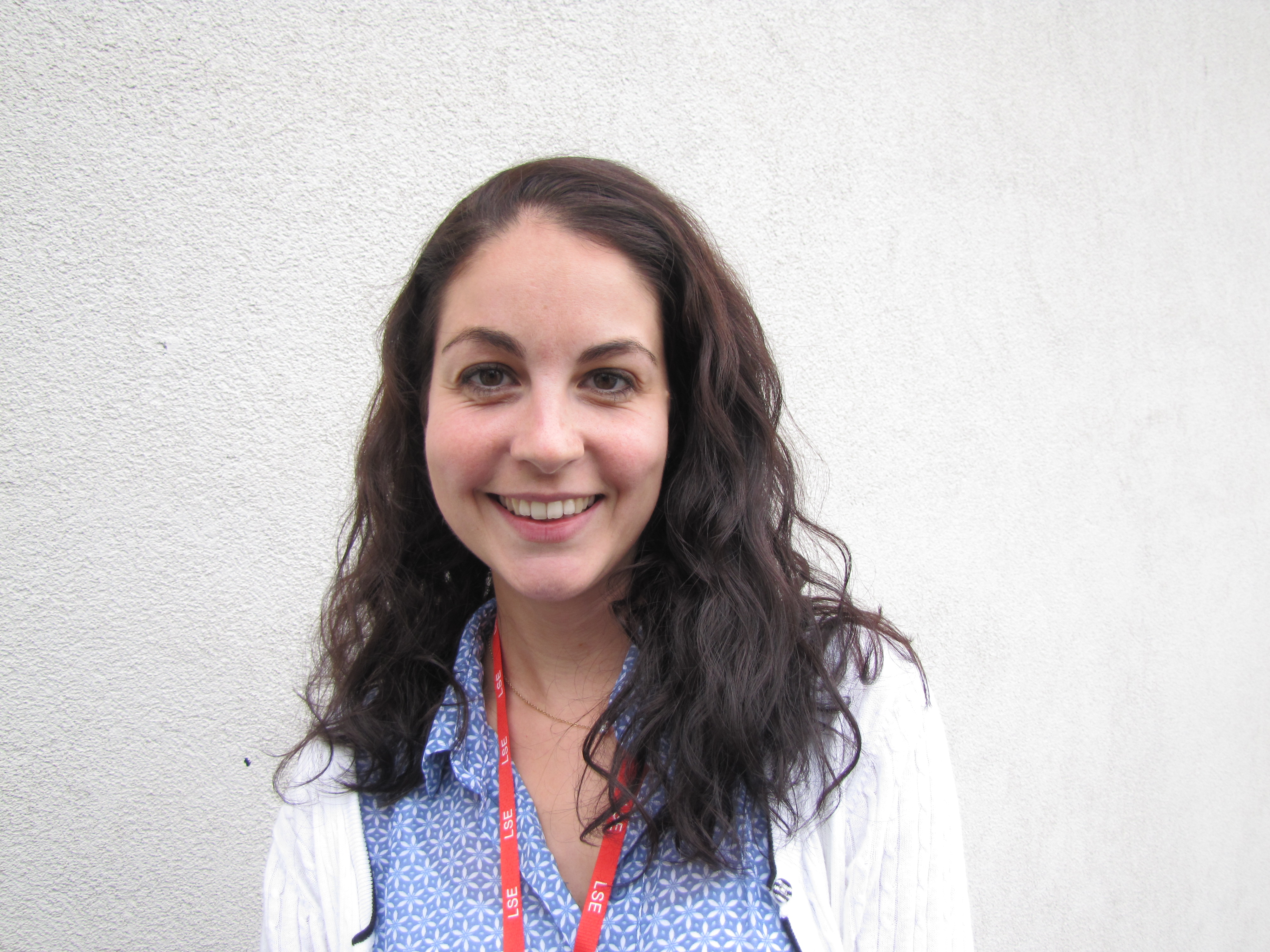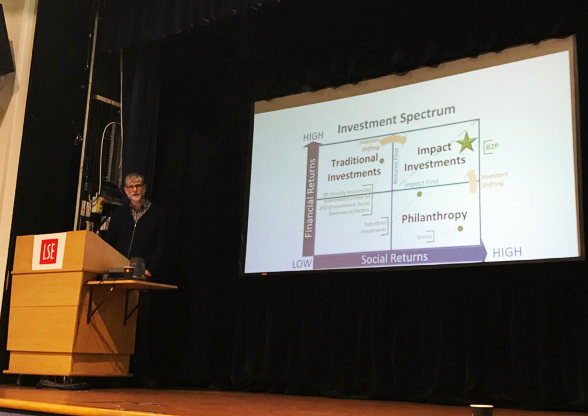In this blog, Development Management alumna Nune Harutyunyan shares insight from her job search journey as a fresh graduate, covering her take on strategic networking, the importance of good research, and the value of taking time for reflection.
While the decision to pursue my MSc degree in Development Management at the LSE came to me quite organically, the process of landing a position post-graduation was anything but linear. Here are the five most valuable lessons I learned from my experience of job searching in the development space as a recent graduate.
Take a break…for your career
While it may sound counter-intuitive, taking a break truly made all the difference in my career choices. After submitting my dissertation, I travelled across Europe for almost three months. During this time, I gave myself the chance to reflect and “digest” the materials I had covered in my studies over the past year, considering what I had studied on paper as real development practice. I gained much-needed clarity about the road ahead, contemplating my career goals in the longer term, brainstorming, mapping out ideas of where I want to be in five, ten, and fifteen years, and what steps I would need to take to get there. Providing myself with this space resulted in incredible breakthroughs and, I believe, in better career choices.
Do your research well
In my case, the process of preparing to send out targeted job applications took longer than my actual job hunt. I knew that I was most interested in working within an international multilateral agency and spent one whole month thoroughly reading about the fields of my interest, their main debates and existing initiatives, mapping out the organisations and agencies most suitable for pursuing a career through those routes. Though I had worked in the development space before pursuing my Master’s degree, I was still entering a brand-new chapter as a recent university graduate, hence I also started watching HR webinars or reading blog posts by the organisations that I was interested in, went through a variety of job descriptions to comprehend the types of skills and qualifications highlighted for a standout candidate, as well as submitted a few tentative applications to gain an initial grasp of their recruitment process. Familiarising myself deeply with my field and organisations of interest undoubtedly showed in my cover letters when I started sending out targeted applications later on.
Network with a vision
Once I had mapped out the organisations I was interested in and had more specific questions about them after doing initial research, I connected with people working in these institutions over LinkedIn. I particularly leveraged the opportunity to connect with fellow LSE alumni and asked for a virtual chat to hear about their day-to-day work, the feedback they had about entering the development space through their organisation, and career recommendations they had based on their own experience. I contacted people I had briefly interacted with before, as well as complete strangers, and through this have made some fantastic connections. This was an opportunity to build a network for the longer run and evaluate if I truly fit with the organisations I was potentially interested in. In short, these conversations shaped my understanding about what would await me on the other side of the application, currently and in the future
Find your niche but remain flexible
While I knew international multilateral agencies were my first choice, I also sent out a few applications or had conversations with the human resources departments in non-governmental organisations and smaller scale social enterprises, and explored what opportunities and challenges await if I were to pursue that route presently or a few years down the road. Being intentional about your applications and finding two to three niches within the field will most certainly pay off, as it demonstrates focus, specialist skills and direction. Nonetheless, remaining flexible in the development space is still crucial; it widens the scope of your job search and leads you towards opportunities you may not have considered previously. It can also take you to work in the field across different geographies.
Listen to your gut
The last, and I believe, the most valuable advice I could give is to genuinely trust yourself. When I started doing research, networking with people in person or virtually, I received so many different insights about what to avoid, or what to pursue. This left me inspired but also confused at times, about what is the “right” way of doing things. I realised how different this path is from person to person, and the best way to do things is to do them your way. At the end of the day, you know yourself best and should be the one to trust your own judgement. When you carve out confidently what you want and what you can bring to the table, it will truly shine through in your applications and make all the difference.
If you would like to reach out to Nune with questions about this piece, you can contact her on LinkedIn.
The views expressed in this post are those of the authors and do not reflect those of the International Development LSE blog or the London School of Economics and Political Science.
Image Credit: LSE on Bynder





